Trump Rolls Out Controversial New Cabinet Picks for Second White House Term
November 14, 2024 at 3:00 PM
4 minutes read
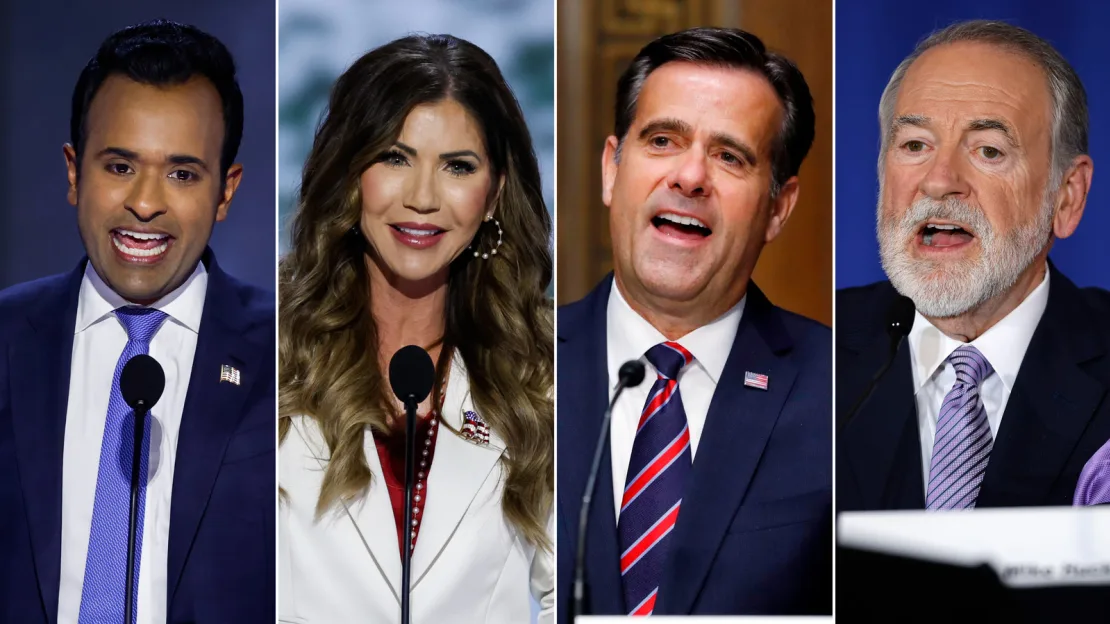
It was a night of MAGA energy and unexpected announcements as President-elect Donald Trump unveiled a series of Cabinet and staff picks for his upcoming administration, leaving even some of his most ardent supporters in awe. The lineup included high-profile names, each bringing an unconventional edge to their respective roles and sparking a mix of excitement and concern across the political spectrum.
In a striking move, Trump selected Elon Musk, CEO of Tesla and SpaceX, to head a newly created “Department of Government Efficiency.” Musk, known as both a visionary and a disrupter, has been tasked with streamlining federal agencies, slashing regulations, and cutting wasteful spending. His appointment, however, raises ethical questions due to Musk’s existing government contracts, which critics say could lead to unprecedented conflicts of interest. “This will send shockwaves through the system,” Musk remarked, sharing his vision of a leaner, more efficient government.
Joining Musk in this ambitious endeavor is former GOP presidential candidate Vivek Ramaswamy, who made waves during the campaign trail with his calls to dismantle federal agencies. True to his rhetoric, Ramaswamy wasted no time in signaling his intentions, posting on X (formerly Twitter), “SHUT IT DOWN.” The purpose and structure of this new department, which Trump stated would “provide advice and guidance from outside of Government,” remains somewhat unclear, fueling speculation on how it will operate within the existing federal landscape.
In another surprising appointment, Trump tapped Fox News personality Pete Hegseth as Secretary of Defense. Although Hegseth boasts a distinguished military service record, his lack of high-level strategic experience has raised eyebrows among experts who traditionally expect a candidate with deeper defense credentials in charge of America’s armed forces. Some observers noted that his outspoken loyalty to Trump likely played a significant role in the selection.
Meanwhile, South Dakota Governor Kristi Noem, known for her staunch support of Trump, has been named Secretary of Homeland Security. Despite having limited direct experience in areas like anti-terrorism, cybersecurity, or immigration enforcement, Noem’s longstanding alignment with the MAGA movement solidified her appeal to Trump’s base.
Trump’s reshaping of his administration extends to intelligence and diplomacy as well. John Ratcliffe, a former acting Director of National Intelligence known for his loyalty to Trump, has been appointed to head the CIA. This move has raised concerns about potential politicization within intelligence operations. Adding to the lineup, former Arkansas Governor Mike Huckabee has been tapped as the U.S. Ambassador to Israel, an appointment likely to stir reactions given Huckabee’s hardline conservative stance on Middle Eastern issues. His appointment deals a blow to hopes for a two-state solution in the region.
Trump’s rapid rollout of these picks marks one of the most unorthodox White House lineups in recent history. The president-elect’s supporters, many of whom hold Washington elites in disdain, view these choices as part of a broader push to dismantle bureaucratic obstacles. However, Trump’s critics have expressed concerns that this new era could lead to a volatile and potentially unstable governance period.
In particular, discussions at Trump’s Mar-a-Lago resort, where Musk reportedly participated in the selection process, have fueled speculation of a possible “warrior board,” an executive order proposal that would enable the removal of three- and four-star officers. The concept, reported by the Wall Street Journal, has sparked fears that Trump could use this new power to conduct a military purge and reshape the armed forces in his image.
With these selections, Trump appears poised to implement his vision for an outsider-led government. The president-elect’s decisions reflect not only a desire for loyalty but also frustration with the checks and balances that curbed his first-term ambitions. Echoing the early days of his first administration, Trump’s choices recall former advisor Steve Bannon’s call for “deconstructing the administrative state,” a sentiment that seems ready to intensify.
Trump’s collaboration with Musk has emerged as a particularly interesting dynamic. Musk, who played a supportive role in Trump’s campaign, has promised bold cost-cutting measures, even hinting at slashing $2 trillion from the federal budget. His proposals, such as implementing a "leaderboard" to track and publicize wasteful government spending, signal an aggressive approach to reining in government size and expenditures. However, critics argue that such drastic cuts could jeopardize essential programs like Social Security and defense.
While Musk’s extensive private sector successes — from Tesla’s electric vehicle advancements to SpaceX’s achievements in space exploration — are widely recognized, his role in government reform raises new concerns. His unconventional methods could yield significant changes, but also risk pushing the government into uncharted territory with potential conflicts of interest due to his substantial business dealings with federal agencies.
Trump’s picks, including Musk, Ramaswamy, and Hegseth, cater to his supporters’ desire for bold moves against traditional governance norms. However, these choices also introduce uncertainty, as some lack the traditional experience needed for their roles. Hegseth’s nomination, for instance, sparked shock among Trump’s critics due to his lack of experience in managing complex defense operations. Lawmakers from both parties reacted, with some Republican senators expressing confidence in Hegseth’s potential, while others voiced reservations about the choice.
Former White House attorney Ty Cobb, drawing a sports analogy, commented on Trump’s nominees by saying, “We’re seeing a lot of Bronny James and not many Steph Currys,” hinting that the team may not yet possess the depth needed for the tasks ahead.
As Trump prepares for his second term, these appointments suggest a path toward radical reforms. While his supporters cheer these unorthodox selections, the president-elect’s decisions carry risks that could define his administration’s legacy. For Trump, the path forward may hinge on whether his unconventional team can deliver results or whether the disruptive approach will face insurmountable challenges in Washington’s complex landscape.
Up next

Trump Announces Israel’s Agreement to 60‑Day Gaza Ceasefire, Challenges Hamas to Sign On
July 2, 2025
4 minutes read
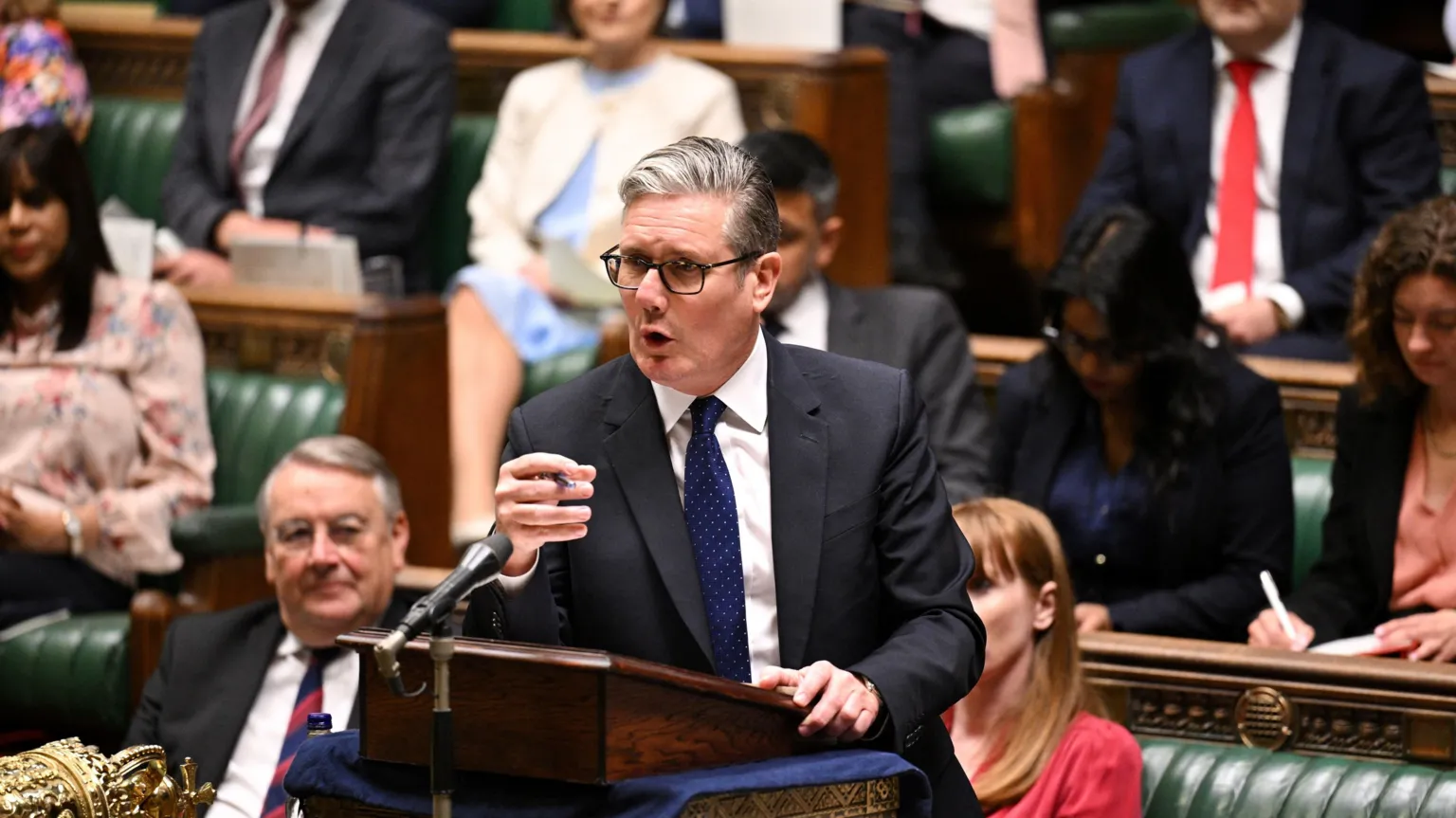
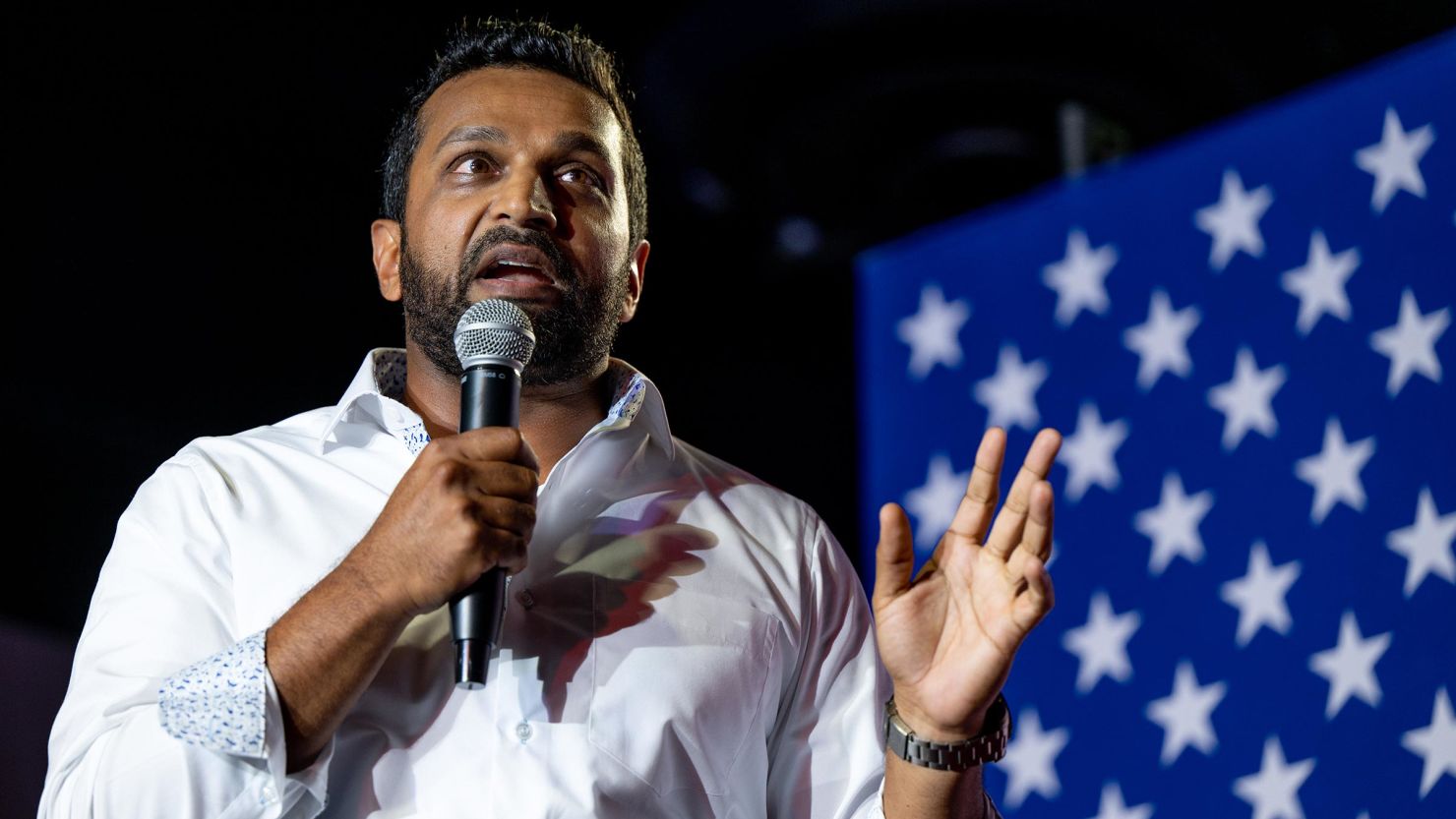
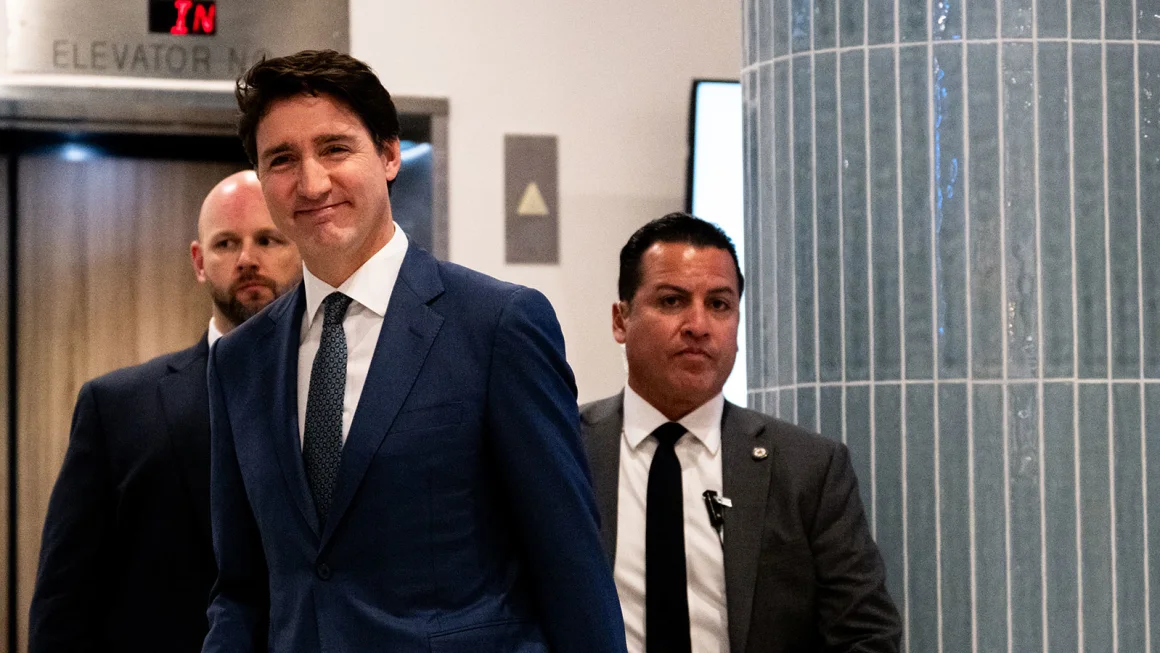

Trump Administration Plans Federal Agency Consolidation, Addresses BLM Plaza Concerns
November 29, 2024
4 minutes read
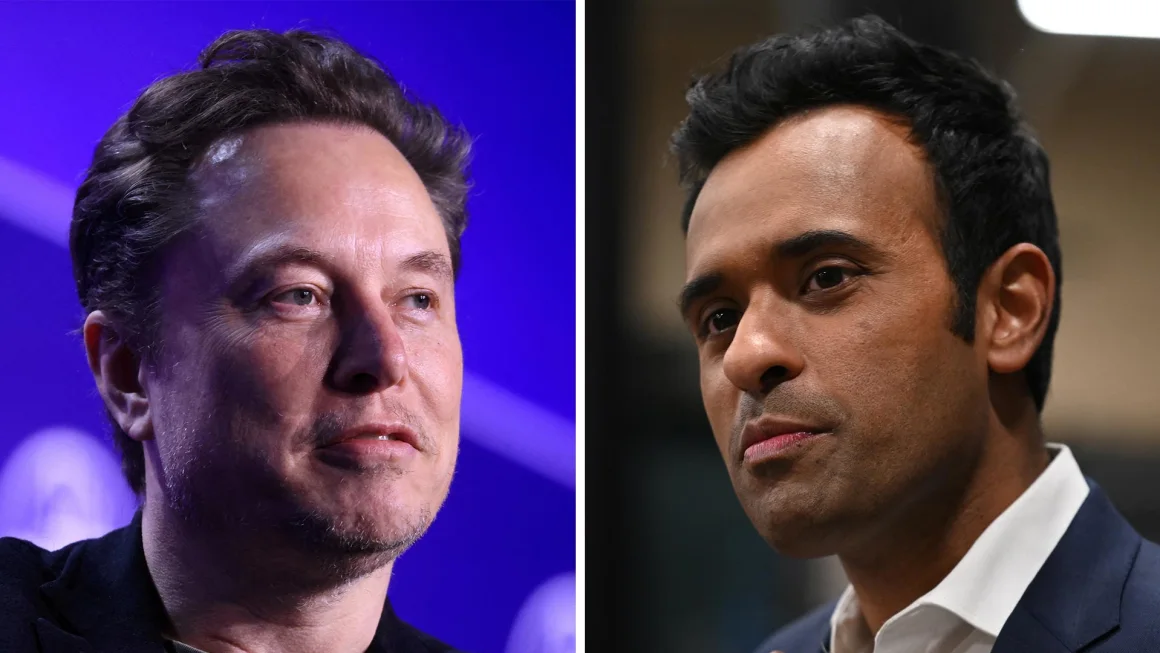
Musk, Ramaswamy Weigh in on Federal Regulations Amid Dogecoin Market Volatility
November 28, 2024
2 minutes read
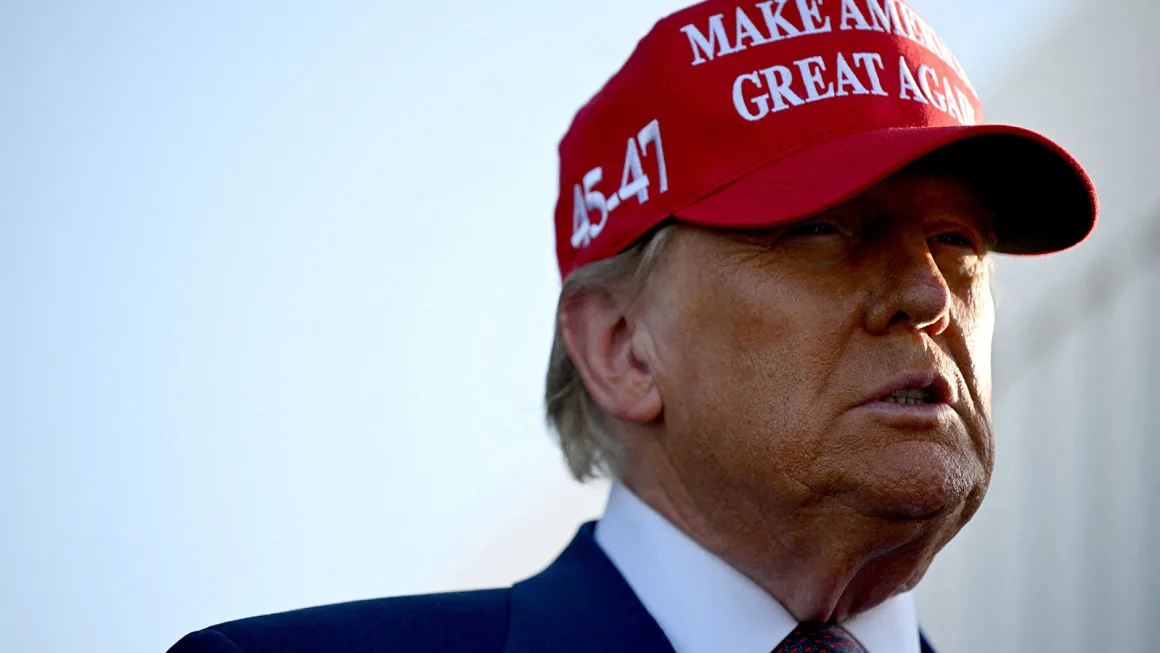
Trump Administration Accelerates Transition, Announces Swift Cabinet Picks
November 27, 2024
2 minutes read
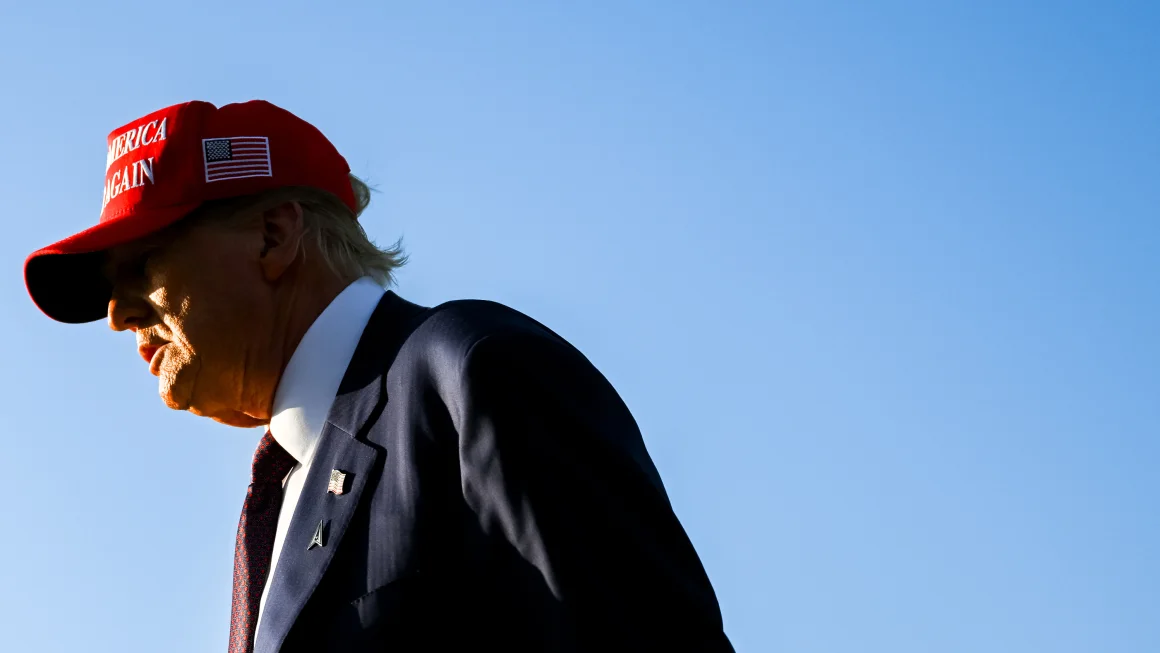
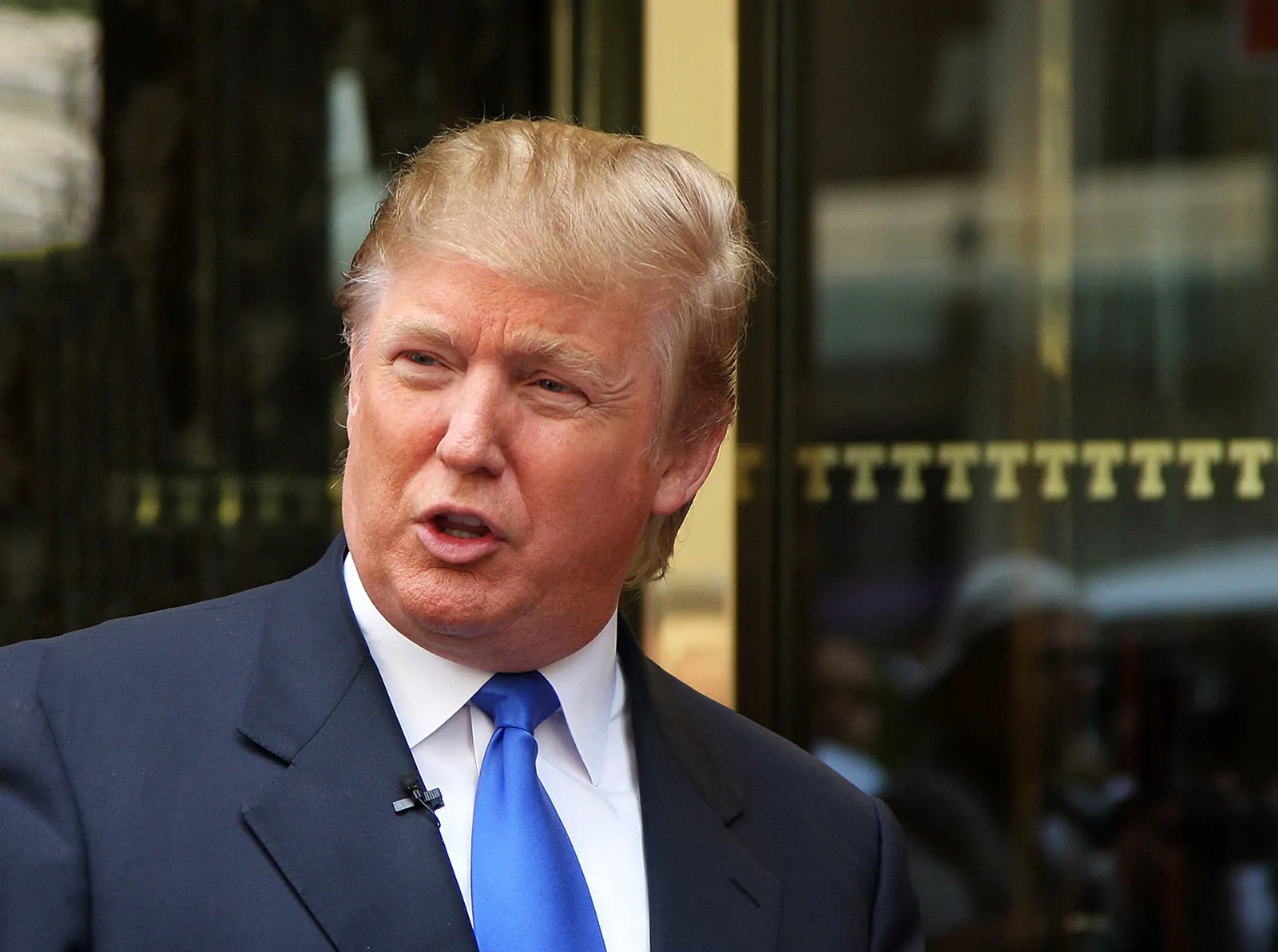
Trump’s Picks of Tulsi Gabbard and Pete Hegseth Reflect Bold but Controversial Cabinet Strategy
November 25, 2024
4 minutes read
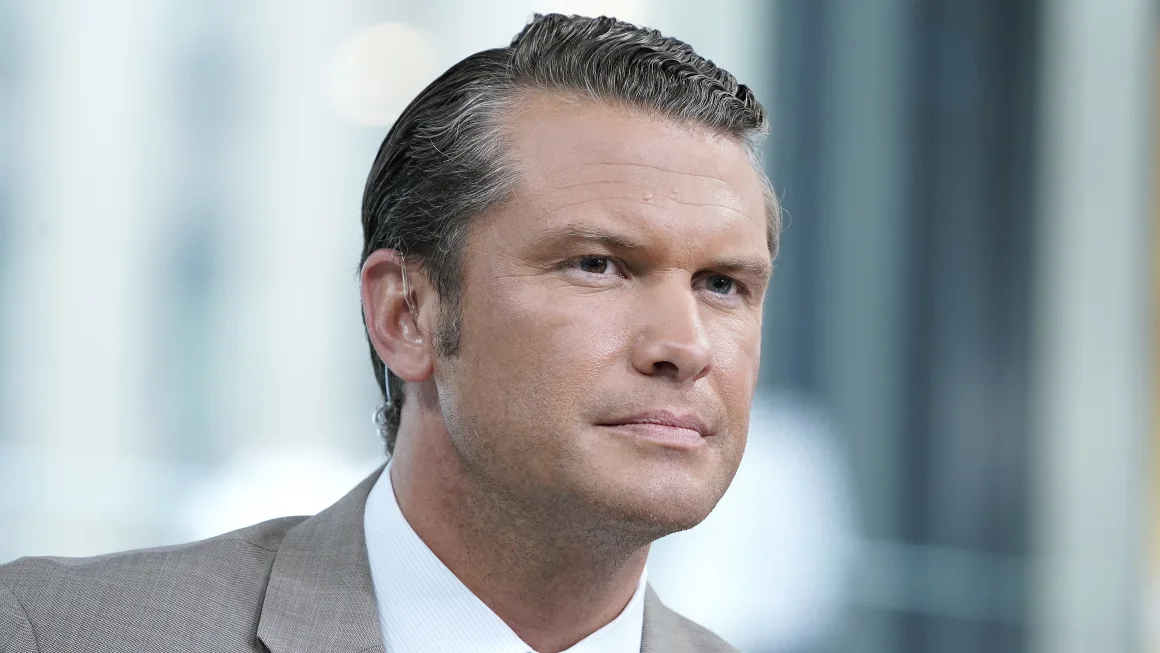
Trump Eyes Contentious Nominees Hegseth, Gabbard, and RFK Jr. for Key Positions
November 24, 2024
3 minutes read

Lori Chavez-DeRemer Considered for Labor Secretary Role in Potential Trump Administration
November 23, 2024
2 minutes read

Trump’s Potential Plan to Restructure FBI Raises Concerns Among Experts
November 22, 2024
3 minutes read

Pete Hegseth Denies Allegations in Police Report Amid Speculation About Defense Secretary Role in Trump Administration
November 21, 2024
2 minutes read
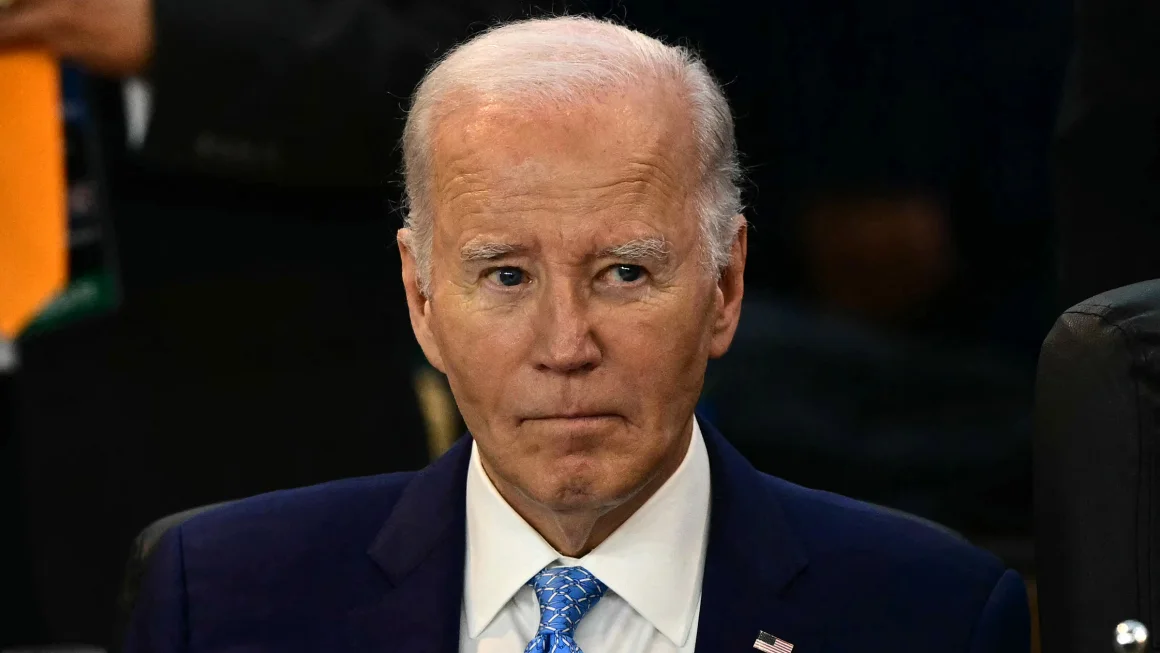
Biden Administration Faces Scrutiny Over Anti-Personnel Landmine Policy in Ukraine
November 20, 2024
2 minutes read
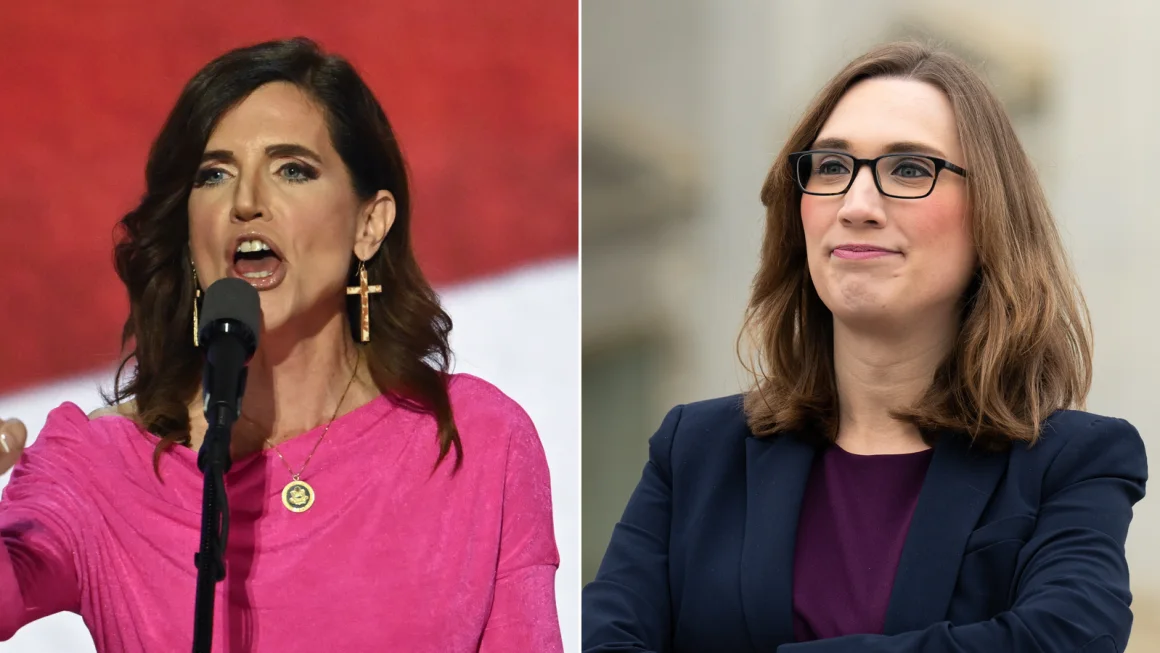
Republican Nancy Mace Criticizes Anti-Transgender Bathroom Ban at U.S. Capitol
November 19, 2024
2 minutes read
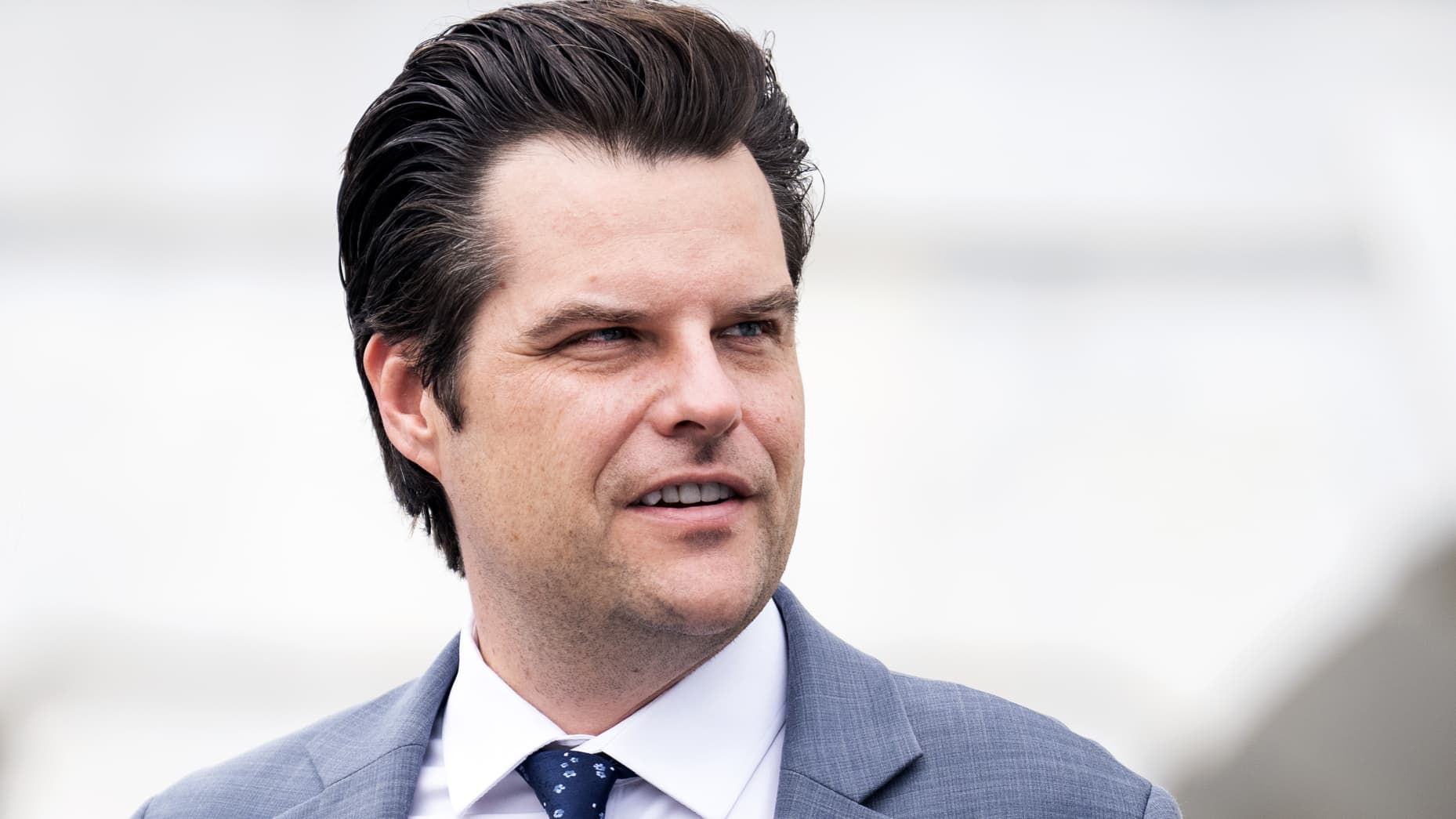
Matt Gaetz Reportedly in Contention for Attorney General Role Amid Political Tensions
November 18, 2024
2 minutes read
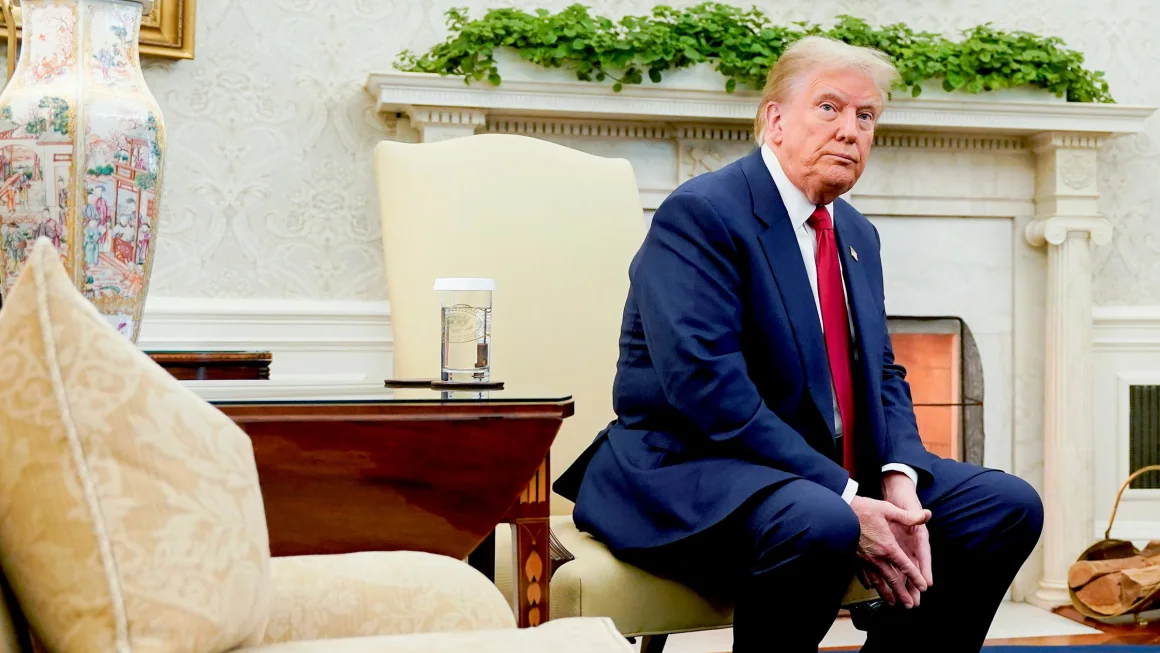
Trump’s Foreign Policy Vision Promises Bold Realignments and Global Shifts
November 17, 2024
4 minutes read
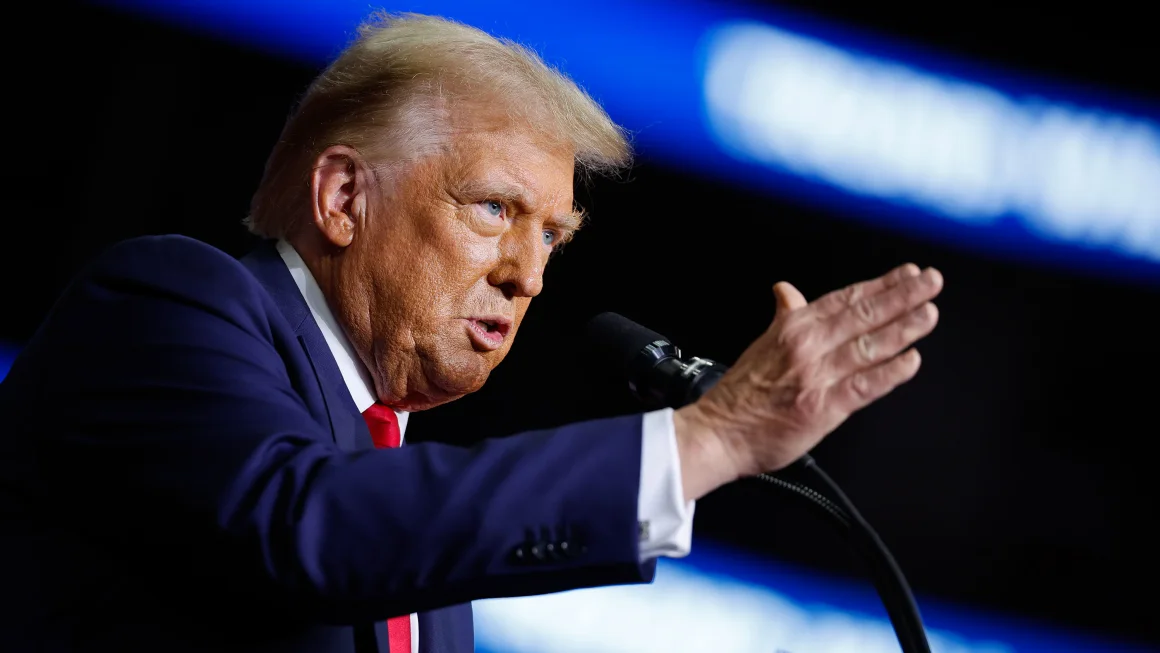
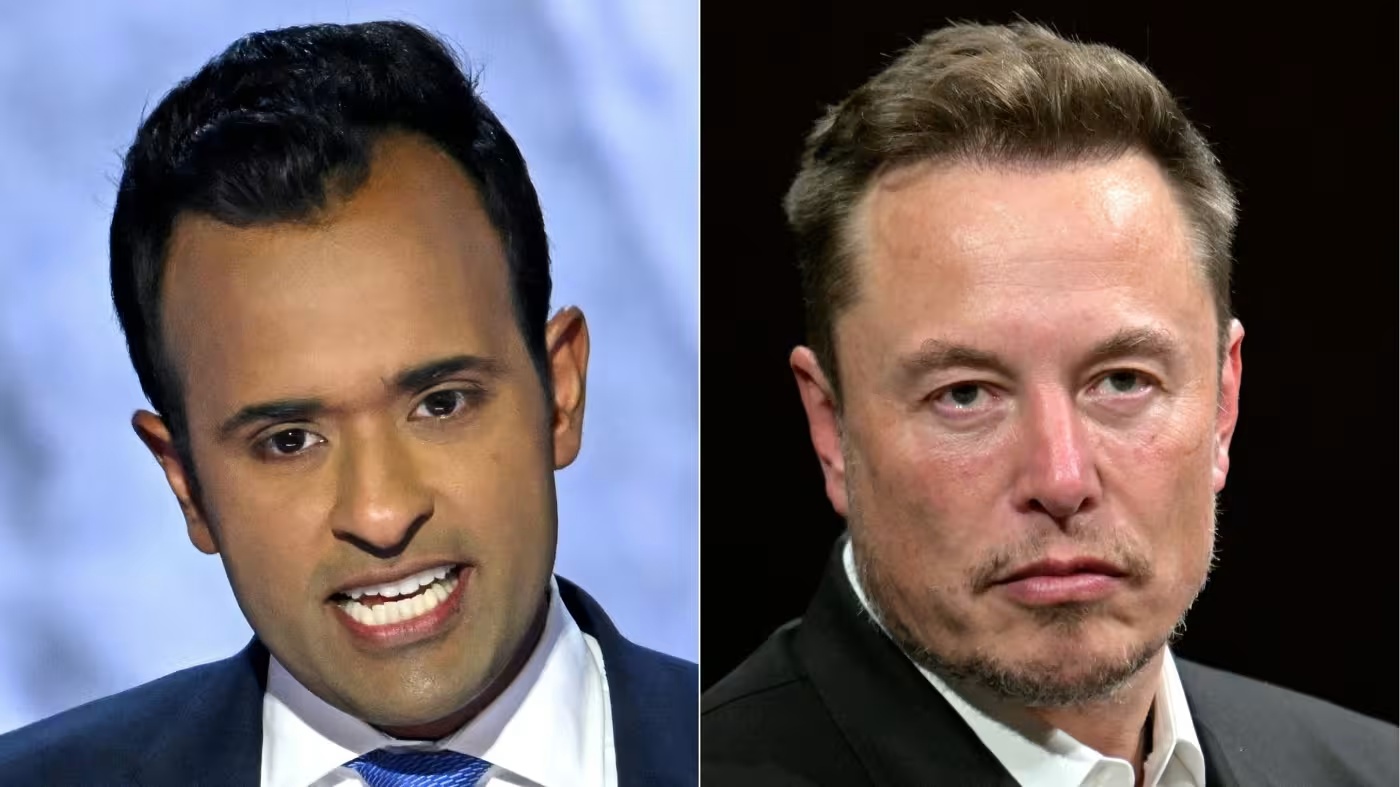
Elon Musk and Vivek Ramaswamy to Lead Trump’s New ‘Department of Government Efficiency’
November 13, 2024
2 minutes read

Malaysia’s PM Anwar Ibrahim Says New US Tariffs Could Impact Key Microchip Exports, Despite BRICS Ties
November 13, 2024
2 minutes read
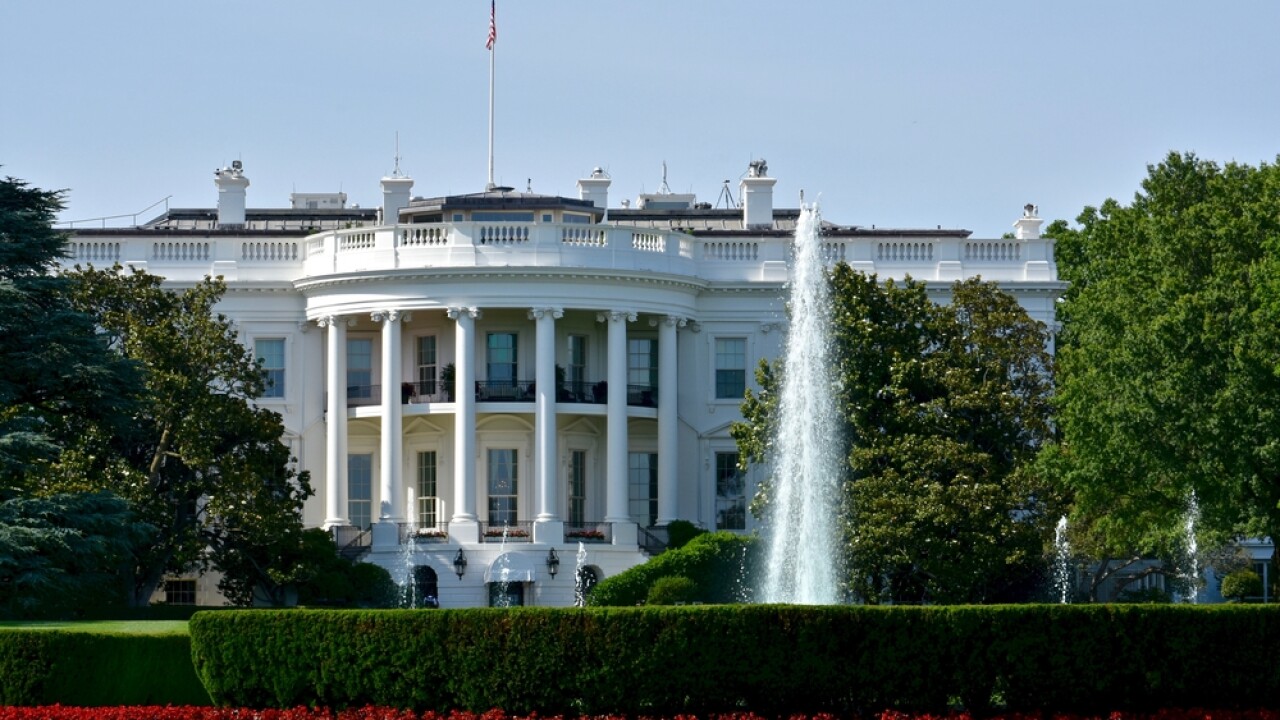
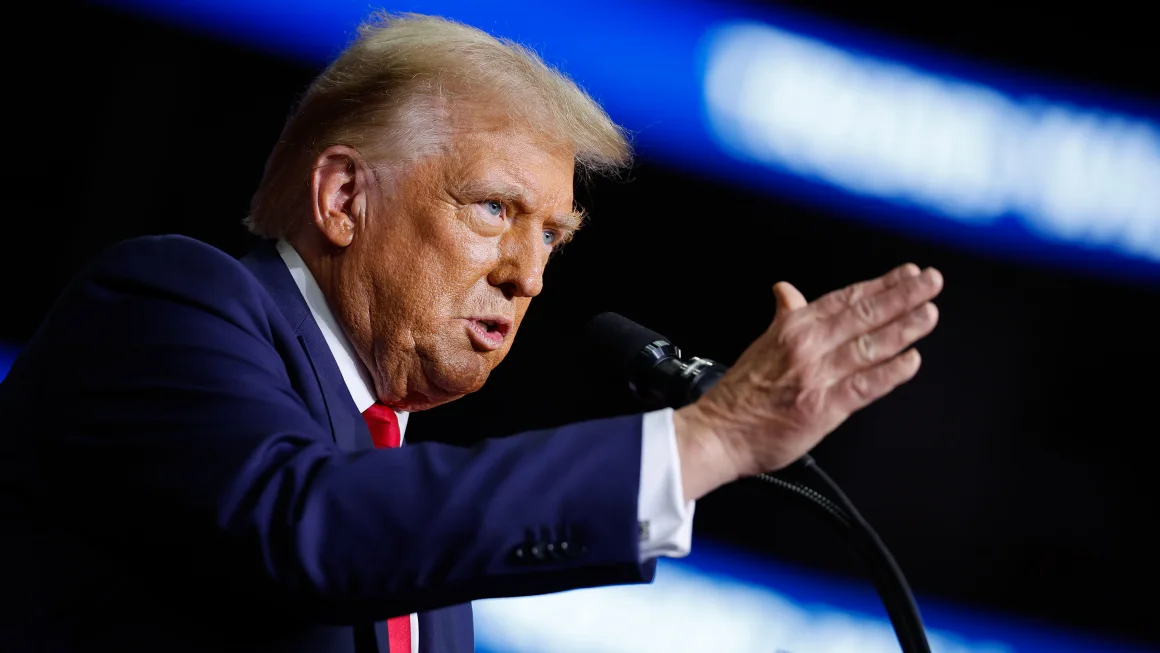
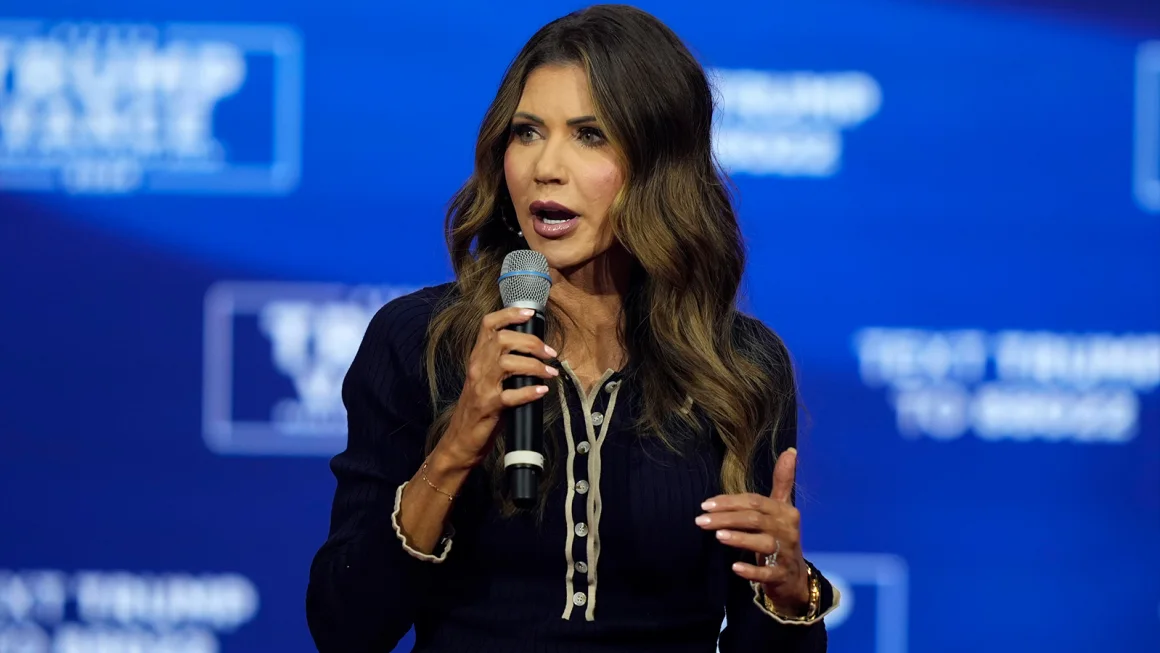
Trump Selects South Dakota Governor Kristi Noem as Homeland Security Secretary
November 12, 2024
1 minutes read
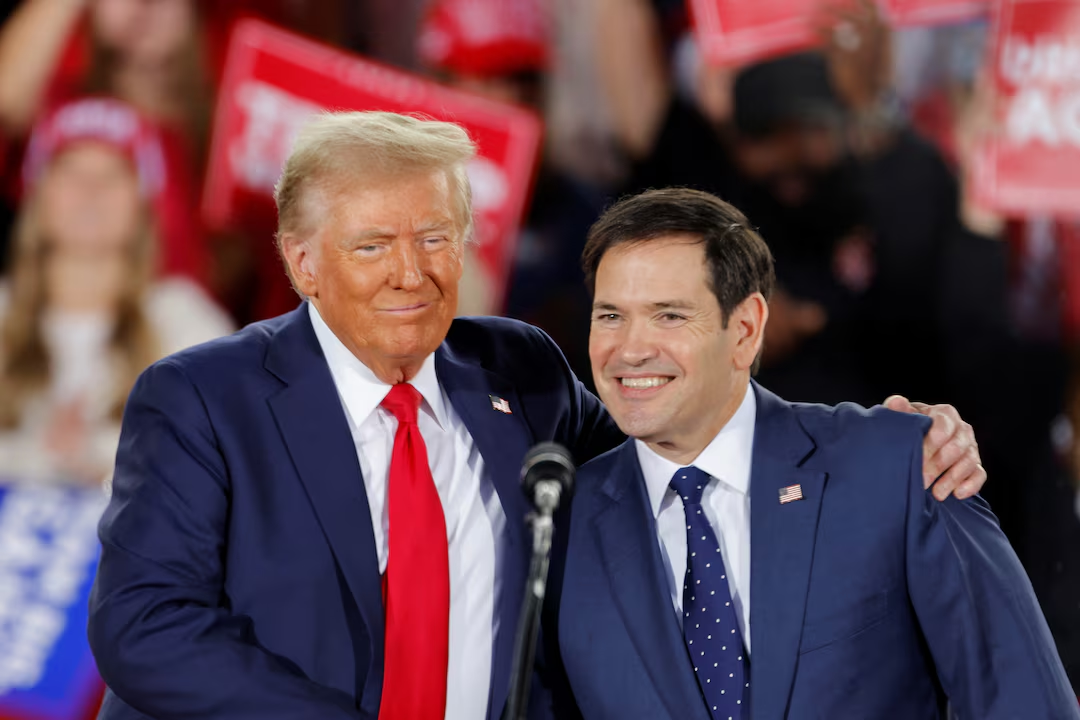

White House Rushes to Allocate Key Legislation Funds Before Trump Takes Office
November 11, 2024
3 minutes read
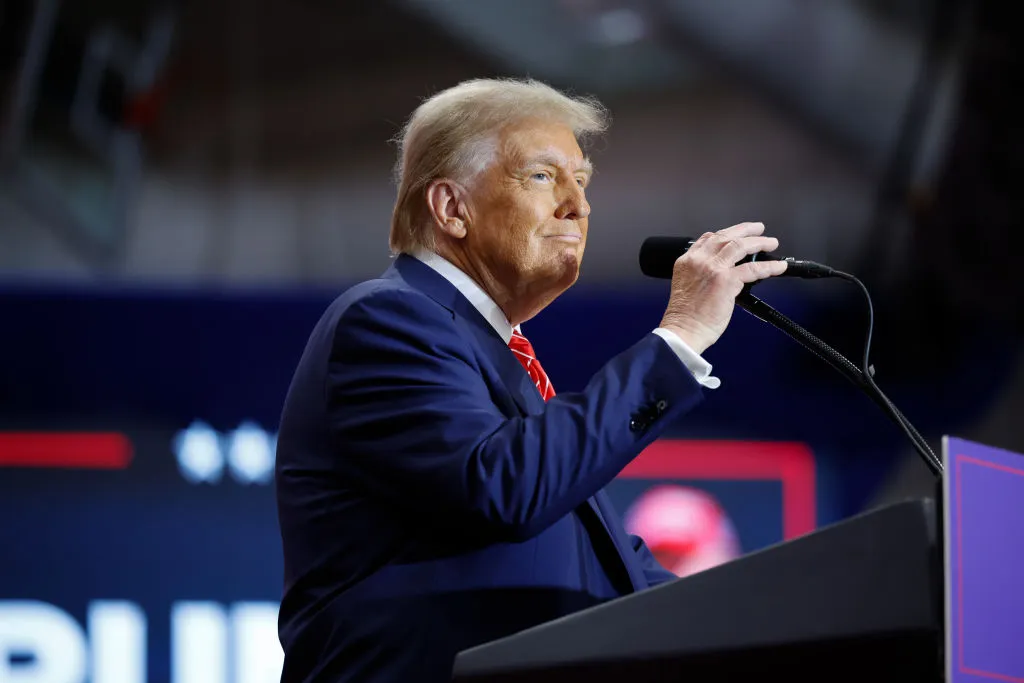
Trump Set to Receive Classified Briefings Again Despite Previous Charges
November 11, 2024
3 minutes read